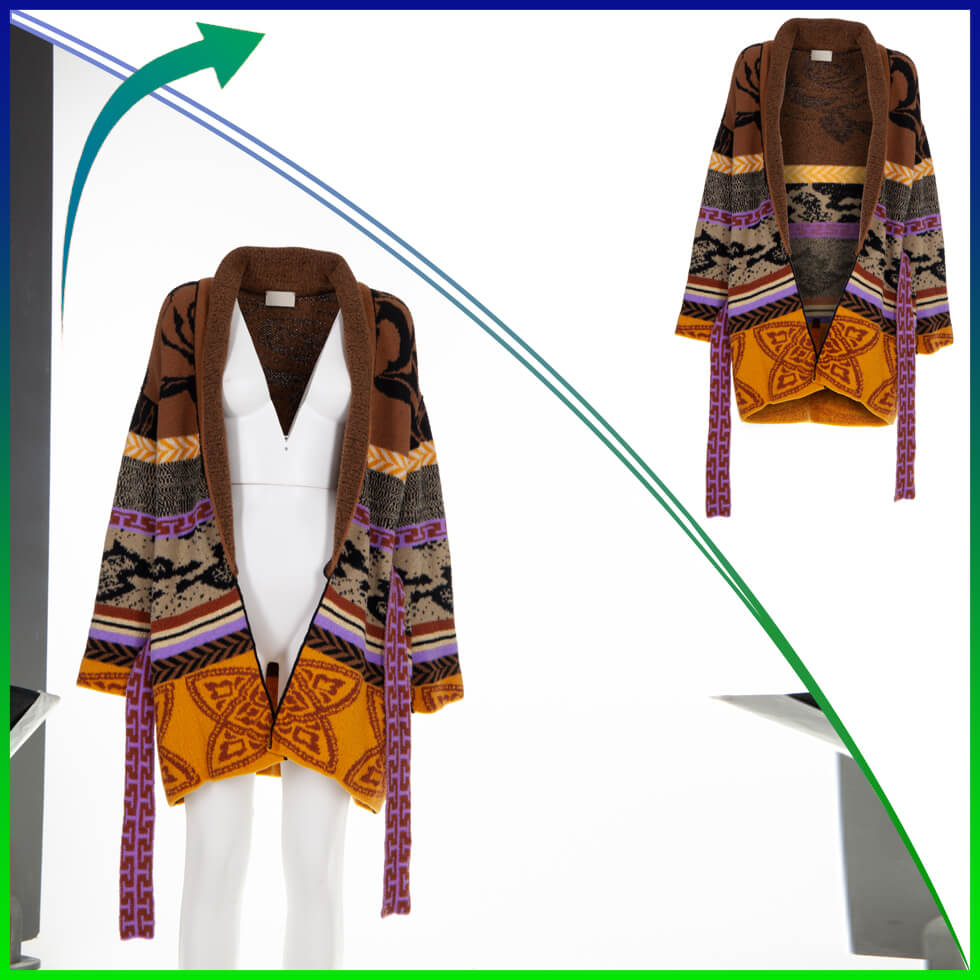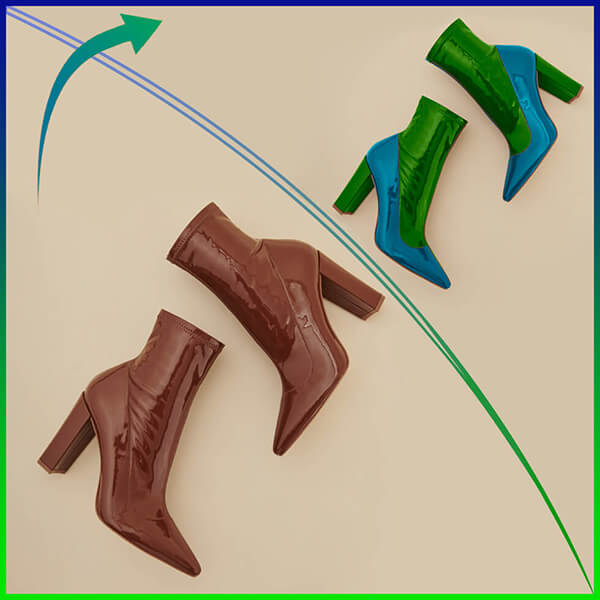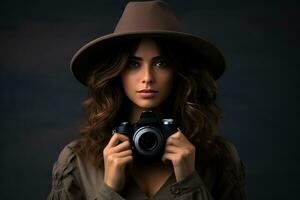Professional Tips for Shooting and Editing Gorgeous Makeup Product Photos

Professional Tips for Shooting and Editing Gorgeous Makeup Product Photos
Creative and high-quality makeup product photography is essential for beauty brands, influencers, and e-commerce platforms. It showcases the product's features and communicates its essence, appeal, and functionality. Your images must be captivating, sharp, and visually appealing to stand out in the competitive beauty industry. This guide explores how to shoot and edit gorgeous makeup product photos that resonate with your audience.
The Importance of High-Quality Makeup Product Photography
Makeup products are highly visual and often colourful, requiring precision to showcase their allure. High-quality images:
Attract Customers: Beautiful visuals captivate potential buyers.
Boost Credibility: Professional imagery builds trust in your brand.
Increase Sales: Clear, detailed photos help customers make informed decisions.
Setting Up for the Perfect Makeup Product Shoot
Gather the Right Equipment
A successful photo shoot starts with the right tools.
Camera and Lenses
DSLR or Mirrorless Cameras: Opt for models like Canon EOS R or Sony Alpha a7 III for sharp images.
Macro Lenses: Essential for capturing intricate details like textures and pigments.
Lighting Setup
Softbox Lighting: Creates even and diffused light, reducing harsh shadows.
Ring Lights: Excellent for highlighting glossy packaging or shimmer products.
Tripod for Stability
A tripod ensures consistency and eliminates motion blur, which is crucial for macro shots.
Prepare Your Makeup Products
Cleanliness and presentation are crucial to making your products look flawless.
Clean and Polish
Remove dust, smudges, or fingerprints from packaging and products.
Use lint-free cloths and makeup brushes for precision cleaning.
Arrange Creatively
Experiment with flat lays, layered arrangements, or product groupings.
Include complementary props like brushes, palettes, or textures to enhance composition.
Create the Perfect Background
The background sets the tone for your makeup product photos.
Minimalist Backgrounds
Use solid colors like white or black for a clean, professional look.
Choose pastel tones for softer, more inviting aesthetics.
Textured Backgrounds
For added depth and interest, incorporate subtle textures like marble, fabric, or glitter.
Techniques for Shooting Stunning Makeup Product Photos
Mastering Composition
Rule of Thirds
Divide your frame into thirds, horizontally and vertically, and position your product along these lines for a balanced composition.
Use Leading Lines
Guide the viewer's eye to the product using lines created by brushes, lipsticks, or other accessories.
Capturing True Colors and Details
Use Natural Lighting
Whenever possible, use soft natural light to ensure colour accuracy. Avoid direct sunlight, which can create harsh contrasts.
Adjust Camera Settings
White Balance: Match the light source for true-to-life colors.
Aperture: Use f/2.8 to f/5.6 for a shallow depth of field, highlighting the product while keeping the background blurred.
Experiment with Creative Angles
Shooting from different perspectives adds variety to your images.
Top-Down Shots
Perfect for flat lays and showcasing multiple products.
Close-Ups
Focus on textures, such as lipstick swirls or shimmer particles.
Editing Makeup Product Photos for Professional Results
Enhance with Photo Editing Software
Best Tools for Editing
Adobe Photoshop: Industry standard for advanced retouching and colour correction.
Adobe Lightroom: Ideal for batch edits and light adjustments.
Capture One: Great for managing RAW files and colour grading.
Workflow Tips
Edit in layers to make non-destructive changes.
Save presets for consistent edits across all images.
Correct Colors and Brightness
Adjust Color Accuracy
Use the colour picker to fix discrepancies in lipstick shades or blush tones.
Increase vibrancy to make colors pop without over-saturating.
Fix Shadows and Highlights
Lighten dark areas while preserving texture using Curves or Levels Tools.
Reduce overly bright highlights for balanced exposure.
Retouch Imperfections
Smooth Surfaces
Remove fingerprints, dust, or scratches using the Clone Stamp Tool or Spot Healing Brush.
Sharpen Details
Enhance intricate designs or textures with tools like Unsharp Mask.
Add Finishing Touches
Background Refinement
Blur backgrounds subtly to draw attention to the product.
Export for Multiple Platforms
Optimize images for different uses, like web uploads (72 DPI) or print (300 DPI).
FAQs About Makeup Product Photography
What is the best camera for makeup product photography?
A DSLR or mirrorless camera with a macro lens is ideal for capturing detailed shots of makeup products.
How can I make my makeup photos look professional?
Use consistent lighting, clean backgrounds, and edit to enhance colours and sharpness.
What props work well for makeup photography?
Brushes, textured fabrics, flowers, or mirrors complement makeup products beautifully.
Why is color accuracy important in makeup photography?
Customers rely on accurate colors to match products with their preferences. Constantly adjust white balance during shooting and editing.
How can I avoid reflections in glossy packaging?
Use soft lighting and position your light source to minimize glare. You can also correct reflections during editing.
What's the best way to shoot liquid makeup products?
Capture their texture and movement using macro lenses and experiment with dripping or smearing techniques.
Conclusion
Shooting and editing makeup product photos is both an art and a science. With the right tools, techniques, and attention to detail, you can create stunning visuals that elevate your brand and captivate your audience. Every step, from setting up your shoot to refining images in post-production, contributes to the final result. By mastering these tips, your makeup product photography will shine, setting you apart in the competitive beauty market.



